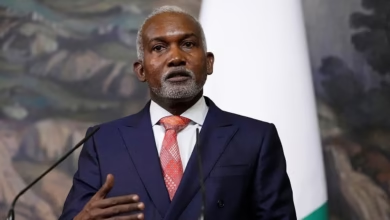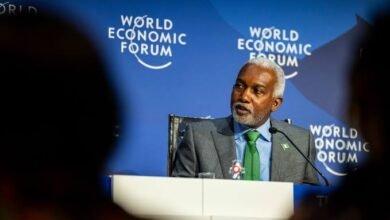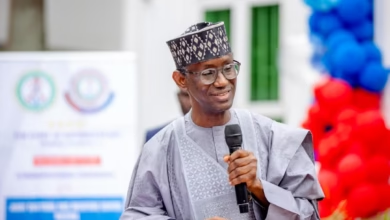
Nigeria’s electricity regulator is about to get a jolt of fresh energy. President Bola Ahmed Tinubu has appointed Abdullahi Garba Ramat, 39, to lead the Nigerian Electricity Regulatory Commission (NERC) in an acting capacity, pending Senate confirmation. It is an unusually young face for one of the country’s most technically complex and politically charged jobs—and that is precisely the point.
For decades, NERC has presided over a sector plagued by under-investment, chronic outages, tariff disputes and creaking infrastructure. The task before Mr Ramat is daunting: to regulate an industry where the gap between installed capacity and actual delivery yawns wide, where private operators and state-owned assets must be prodded toward efficiency, and where consumers’ patience is as depleted as the national grid.
Mr. Ramat brings an unusually broad toolkit to this herculean assignment. An electrical engineer by training, with a master’s in electronics and telecommunications and a doctorate in strategic management, he marries technical mastery with managerial vision. His résumé spans academia, local government, private enterprise and state-level power administration. As head of the Kano State Metropolitan Agency he cut energy costs through retrofitting projects; as chairman of Ungogo Local Government he digitised governance at the local levels, boosted revenue and built new operational structures from scratch.
This versatility matters. In an age when the power sector must embrace smart grids, renewable integration and digital oversight, a regulator who speaks the languages of engineering, data analytics and public policy is rare.
Mr. Ramat’s training in power transmission at Gonzaga University and his certifications from Microsoft and Harvard show a comfort with both the physical and the digital backbones of modern electricity systems. His career suggests he can navigate the politics of reform without losing sight of technical imperatives.
A younger regulator may also bring a different tempo. At 39, Mr Ramat belongs to a generation impatient with incrementalism, more open to experimenting with new business models, and attuned to the expectations of a digitally connected public. That mindset could help in tackling the twin challenges of attracting investment and holding operators to account—tasks in which regulatory credibility is as vital as technical expertise.
Sceptics will note that even the most qualified individual cannot conjure megawatts from thin air; the structural problems of Nigeria’s electricity market run deep. Yet leadership matters, especially when it is willing to combine discipline with innovation. If Mr Ramat can translate his record of reform into the national arena, NERC might begin to close the gap between promise and performance. The country’s power sector has waited too long for a surge in competence. With a fresh mind at the helm, it may finally be time to switch on.
Olufemi Oreoluwa, is a journalist and writes from Lagos.





